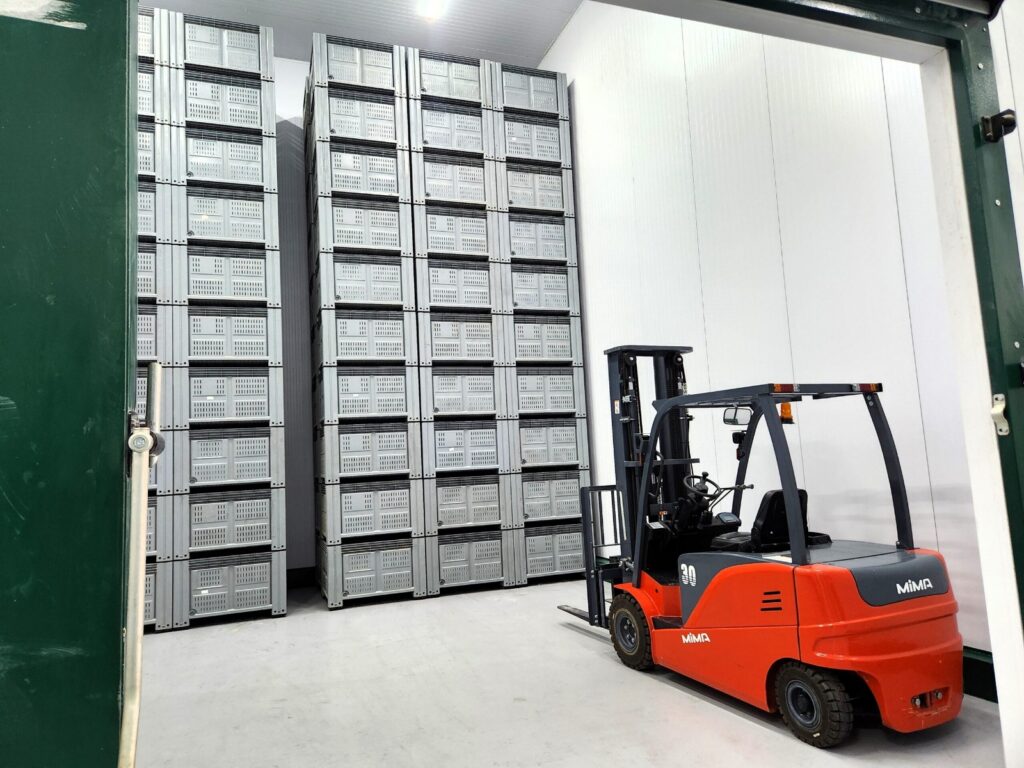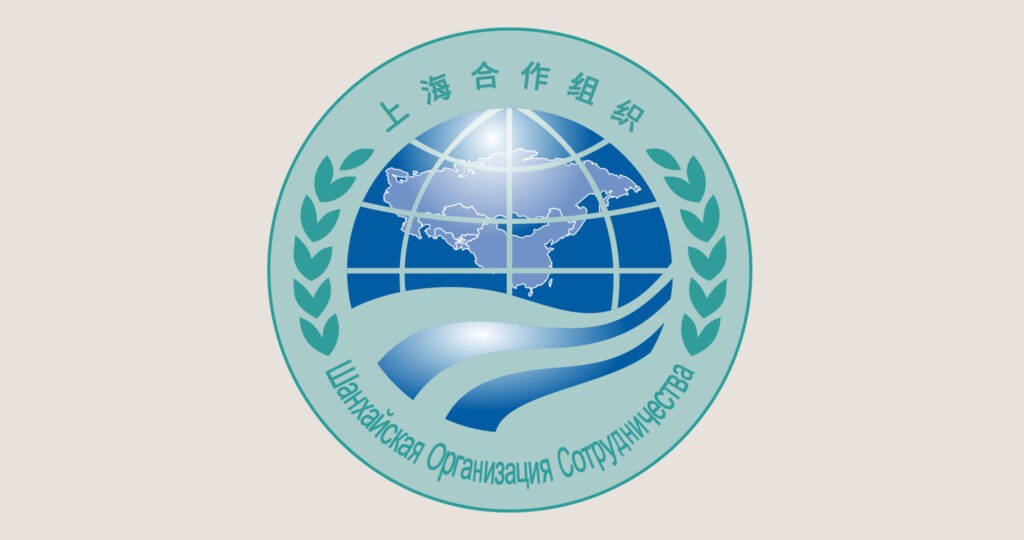Kyrgyzstan Celebrates Independence Day
On August 31 Kyrgyzstan celebrated the 33rd anniversary of its independence. Ala-Too Square in Bishkek hosted a gala concert featuring famous Kyrgyz and foreign artists, while President Sadyr Japarov addressed the nation. “We are a great nation with a strong spirit!", Japarov said. "That is why, on this day, we raise our flag high. Let our country reach new heights, and let the flag wave highly. May our independence never be threatened. I congratulate all of you on our Independence Day!” Japarov also played the komuz, a Kyrgyz string instrument. The centerpiece of the Independence Day celebrations was a drone show. In the sky above Ala-Too Square, drones created images of Kyrgyzstan, and portraits of national heroes and athletes. On August 31 festivities took place throughout the country. [caption id="attachment_22518" align="aligncenter" width="2048"] @president.kg[/caption] On August 31, 1991, Kyrgyzstan officially withdrew from the USSR and declared its independence. Economist Nurgul Akimova said Independence Day is not just a national holiday but a symbol of economic and political independence: “On this day, I reflect on how our country, having become independent, began to build its economic policy, focusing on the needs and opportunities of its people. Economic independence is not just freedom from external control but the ability to independently determine the trajectory of development. In the context of globalization, when small economies often face pressure from more powerful players, preserving sovereignty and independence requires competent management and a deep understanding of how to integrate into the global economic system profitably. This day reminds me of the importance of economic policies aimed at social equity and sustainable development. It prompts reflection on how our country can use its resources and potential to improve the lives of all citizens. Economic independence is not an end but a means to create a just society where everyone can realize their potential. Independence Day reminds us that economic stability and prosperity are impossible without responsible governance and transparent institutions. It is also a reason to consider integrating into global markets. Still, on terms that will contribute to Kyrgyzstan's long-term development, not just short-term gain". [caption id="attachment_22519" align="aligncenter" width="2048"] @president.kg[/caption] Civic activist Mars Cherikchiyev told The Times of Central Asia that Independence Day is about family security and confidence in the future of children. “I liked President Japarov's speech, which talked about Kyrgyzstan's achievements and plans for the future. Good work is being done in all sectors of the economy, and foreign investors see this. We are creating our infrastructure, opening regional airports, building internal roads, and cooperating with neighbors. We are gaining confidence for the future. Improving economic terms and general welfare for citizens is independence,” Cherikchiyev said. [caption id="attachment_22520" align="aligncenter" width="2048"] @president.kg[/caption]






